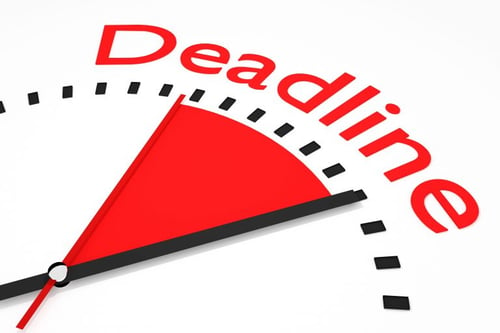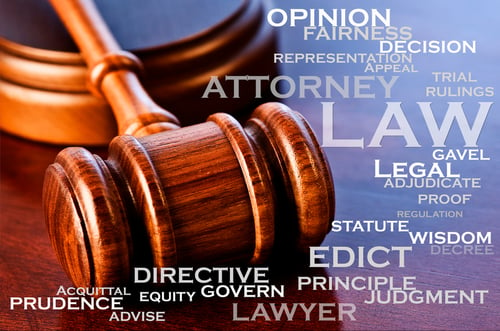
Should Your Trial Lawyer Handle Your Appeal?
18
Should Your Trial Lawyer Handle Your Appeal?

So, you’ve been through a difficult trial and now it’s up on appeal. Or maybe you were bounced out of the trial court via summary judgment or on a motion to dismiss. Perhaps you won in the trial court and the other side has appealed.
Regardless of how a case arrives in a court of appeals, the first question facing litigants is usually the same: should your trial lawyer handle your appeal.
As a general rule, the answer should be an emphatic “NO,” for two reasons.
-
First, there are traps lurking in the appellate process that will trip up even the smartest trial attorneys if they are not familiar with appeals. Appeals are completely different from proceedings before the trial court, and more often than not, trial attorneys just don’t know the appellate rules and how the process works. You don’t want your appellate attorney learning the appellate rules on the fly. You need someone who knows the rules like the back of his or her hand, and knows the common pitfalls to avoid during each stage of the appellate process.
-
Second, your trial attorney is likely to approach the case on appeal just as he or she approached it at the trial level. If your lawyer messed something up for you during trial, he or she may subconsciously (or consciously) try to avoid any discussion in an appellate opinion of what was messed up—if they are even aware of it. On appeal, you really need a new set of eyes reviewing your case without any preconceived ideas. An appellate attorney needs to take a 30,000-foot view of the case.For example, your appellate attorney is not going to care about the little discovery spat you had or how much you don’t like opposing counsel. None of that matters on appeal. Your appeal lawyer needs to be able to explain in a very concise manner why you should win your appeal (according to Brian Garner, within 90 seconds of reviewing your principal brief), in a case that may have taken 5 years to get to trial.It is often impossible for even the most adept trial lawyers to present the forest to the appellate court without over-explaining the importance of each tree.
The critical skill most appellate attorneys have is the ability to write persuasively. Writing well does not mean using fancy words. It means writing clearly.
Why is clear writing so important on appeal?
Because your goal on appeal is to convince three judges on an appellate panel—who may have no background whatsoever in the area of law your appeal concerns—that you deserve to win the appeal. The job of an appellate attorney is to explain to those judges that either what the lower court did was wrong, or what the lower court did was right, as concisely as possible.
You don’t want to bring up 10 issues that you think may have gone wrong in your trial. Instead, your attorney needs to concentrate on the one or two most egregious errors, ones that actually matter in terms of the overall scope of the case.
Likewise, your appellate attorney needs to convey the facts of your case without discussing unnecessary facts.
You are probably detecting a pattern here.
It is not by accident I put so much emphasis on the importance of being succinct. Writing skills are extremely important, but it’s the ability to write in a way that gets the most important points across as quickly as possible that will carry the day. People’s attention spans are short, so you need to know your audience—a three-judge panel that is hearing about your 5-year-old case for the first time, not a jury or individual judge who has presided over every step of the litigation.
If you do ultimately decide to have your trial attorney handle your appeal, you should encourage your attorney to at least have a consulting relationship with an appellate lawyer. Your appeal is just too important not to have someone involved who really knows the process.
The trial attorney may decide to do the writing themselves. And some trial lawyers are strong writers. They may even decide to do the research themselves. But they need to consult with an appellate attorney to ensure that they are approaching the case in the best way possible to help you win your appeal.
Contact The Brownlee Law Firm
The Brownlee Law Firm only handles appeals and as a board-certified appellate attorney, Michael Brownlee has the experience and expertise to effectively handle your appeal case. Contact The Brownlee Law Firm today for a consultation.




